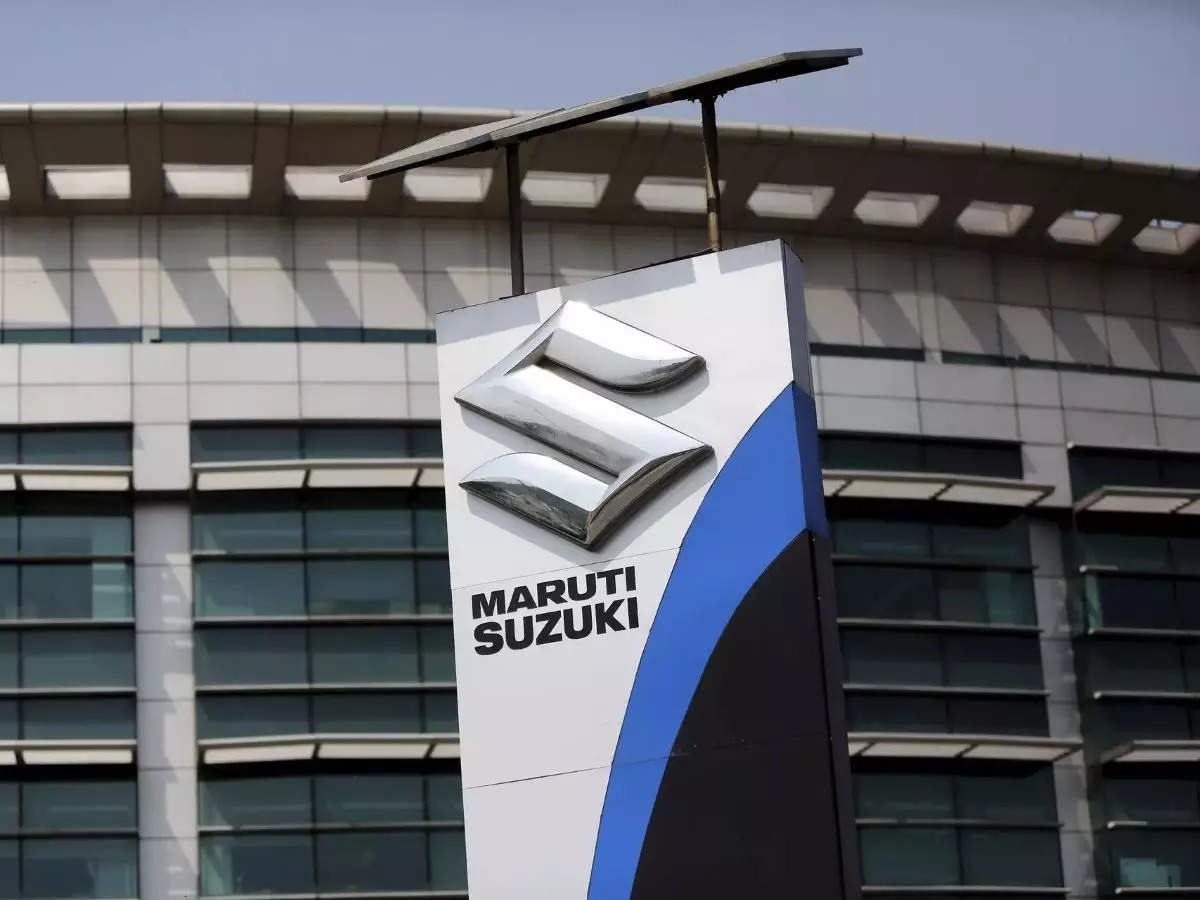The company is already exporting some vehicles back to Japan, he said.
Last month Maruti Suzuki commenced export of its sports utility vehicle Fronx to Japan.
The first consignment of over 1,600 vehicles left for Japan from Gujarat’s Pipavav port.
Fronx is the first SUV from the MSI stable to be launched in Japan. MSI’s exports have increased by 1,85,774 units between FY21 and FY24. Takeuchi noted that in the domestic market it is looking to utilise all kinds of technologies in its cars to combat carbon emissions.
Besides electric and strong hybrid cars, the auto maker would also look at developing models around bio-fuels and hydrogen as well, he noted.
“We will use all technologies to combat carbon emissions and oil consumption,” Takeuchi said.
He noted that the automaker will have a high-specification EV with a high-range of the order of 500 km and powered by a 60 Kilowatt-hour battery.
“We will have multiple such products. All our products, services, solutions, and communication will be directed towards one theme ‘ increase customer confidence,” Takeuchi stated.
To increase customer confidence, the auto major will export the same EVs to markets like Europe and Japan, he added.
“On top of that, we will come up with a range of solutions for our EV customers to remove their concerns on owning an EV. We will use the strength of our network to give confidence to the customers for after-sale support,” Takeuchi said.
The company will also use technologies or powertrain options like hydrogen, strong hybrids, biofuels, to minimise oil consumption and CO2 emission, he stated.
“When we talk about biofuels, many of us are not aware that India is sitting on an enormous treasure of natural resources,” Takeuchi said.
India has been gifted with huge human resources, agricultural resources, and animal resources and all of these produce some bio-waste, he said.
These can be converted into biofuels and have a very low carbon footprint and many times are actually carbon negative, Takeuchi said.
“Though there are many countries in the world who are using the power of biofuels, I think India can quickly become world’s number one in biofuels and the rest of the world can start learning from India,” he stated. “Given the size and the unique context of India, we need not copy solutions from the rest of the world,” Takeuchi said.
Supporting deep localisation, he also emphasised on cutting dependence on imports of various critical components.
“This is important because a country of the size of India needs self-reliance in the entire value chain and almost eliminate import dependence,” Takeuchi said.
The country also needs this because only the manufacturing sector can create large scale jobs for youth and elevate India from today to developed nation, he stated.


